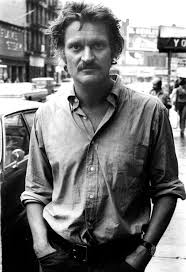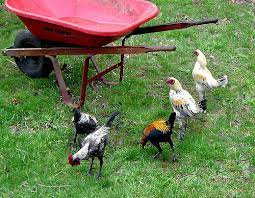
Joyce Sutphen likes to write about country life, specifically farm life, and I like to read poems about country life, farm life included. This poem, “H,” is about man’s best friend, the machine. Surely to a farmer, the old tractor wins out over the old dog. (Hey, life can be ruff sometimes.) Let’s see how it’s done:
“H”
by Joyce Sutphen
Of all the tractors, I love the “H” the best:
first for its proportions, the ratio of body to machine,
arm to wheel, leg to clutch, hand to throttle,
and for the way it does not drown the voice,
but forces it to rise above the engine,
and for the smoke signaling from the silver pipe,
for the rip-rap of tread on the big tires, driver
perched between them, as on a throne in kingdoms of oats
and corn, scrolling along the meadow’s edge,
then sometimes standing still, engine turning the belt
that turned the wheels in the hammer mill
or whirling the gears that divided the oats from the straw.
And “H” for the ache to see my father plowing fields again—
the silhouette of a red tractor and a man, one hand
on the wheel, the other waving free.
Notice how the first four tercets are all one sentence, a breathless homage to, of all things, a tractor. Notice how, like many good poems, this poem has a “turn,” specifically in the last stanza, a new sentence, where Sutphen shifts to the gist of things: namely, the man on the machine, who counts as much as the machine itself.
An homage to a machine, yes; but an elegy to a man as well—her father, who seemed a part of the machine given how often he sat “on a throne in kingdoms of oats / and corn, scrolling along the meadow’s edge.”
That ache mentioned in the last stanza was the raison d’être for this poem, no doubt—something every good poem has. A catalyst. An emotional spark. The fire that makes readers warm to it.








